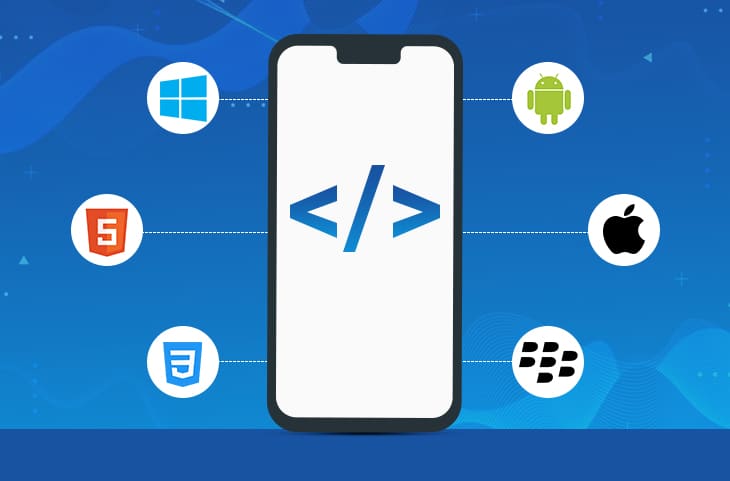How To Develop Cross Platform Mobile Apps?
Cross platform mobile apps are becoming more and more popular. There are a variety of reasons that companies want to develop cross platform mobile apps. Maybe they want one app to run on multiple devices, or they may want to be able to update their app regularly. Perhaps they just want to develop one app that has access to the features of either a smart phone or tablet. This article will discuss the pros and cons of developing cross platform mobile apps as well as how to develop them.
Choose the Right Framework for Your App
If you’re a small business or startup looking for an easy way to build native apps for all major mobile platforms, then React Native is probably the best choice for you. This framework lets developers build mobile apps using JavaScript, which makes it easier to learn than alternatives like Xamarin or PhoneGap/Cordova.
However, if you have a large budget and need more control over your app’s UI and performance, then Hybrid apps (which use HTML5) might be better suited to your needs.
Select the Language You Want to Code In
The most popular programming languages for cross platform mobile apps are Java, Flutter, Reactnative, Objective-C, C++ and C#. The choice of language depends on various factors like what you have already mastered, which platforms you want to code for, the complexity of your app and many others.
Choose the Right Development Tools and Environment
The development environment you choose for your mobile application will have a big impact on how quickly you can get it up and running. If you’re just starting out, you might want to use a simple IDE that lets you get started quickly with basic development tasks. Larger enterprises often use more sophisticated IDEs with more advanced features such as debugging, code generation and version control.
Use the Right IDE
The IDE is the most important tool for Android and iOS mobile app development. It’s the place where all your coding and debugging happens. If you want to find out how to develop cross platform mobile apps, you need to choose an IDE that supports all the features needed for developing on multiple platforms.
The IDE should not only support both platforms but also provide code completion, debugging and testing facilities for each platform.
Get an Understanding of The Fundamentals of Coding
The first thing to do is to get an understanding of the fundamentals of coding. This will help you to learn how to develop cross platform mobile apps. The best place to start is by learning Java, which is one of the most popular programming languages used by many mobile app developers today.
Once you have learned about Java and its fundamentals, the next step is to go through the coding process step by step. This will give you a clear understanding on how coding works and how it can be used to develop cross platform mobile apps.
Takeaway: If you want to develop a cross platform mobile app for your business, then it is quite helpful if you hire a reputed app developers. They have experience and dedicated team to expand your business. You can rely on their support.


























